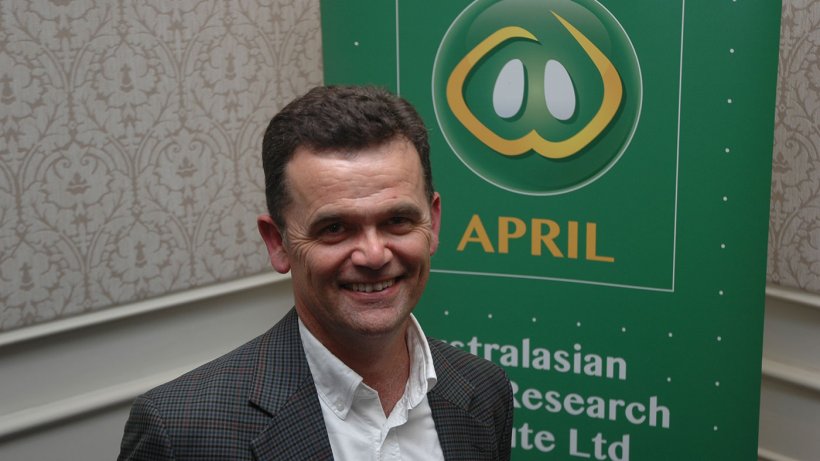![]() AusScan calibrations for pig faecal digestible energy and ileal DE for cereal grains have been upgraded on completion of Pork CRC Project 4B-117, ‘Strengthening the AusScan pig DE, DE intake index NIR calibrations’.
AusScan calibrations for pig faecal digestible energy and ileal DE for cereal grains have been upgraded on completion of Pork CRC Project 4B-117, ‘Strengthening the AusScan pig DE, DE intake index NIR calibrations’.
The project determined pig ileal and faecal DE and faecal DE intake index of 67 new grains: 22 wheat, 13 barley, 8 triticale, 4 sorghum and 20 maize samples.
Improved accuracy and robustness were also achieved by adding this data, according to Charles Rikard-Bell, Manager Commercialisation and Research Impact, with Australasian Pork Research Institute Limited (APRIL).
“The NIR calibrations show significant improvement due to the larger number of new samples and range of cereals added,” Dr Rikard-Bell said.

Since the last update in 2013, significant new cereal data has been added to the calibration dataset. The revised calibrations have improved the faecal DE prediction by 22 per cent and can now also predict the faecal DE of maize.
The 2018 updates for broiler apparent metabolisable energy (AME) and intake includes 24 low energy Australian wheat samples and 16 wheat samples imported from the northern hemisphere, bringing the total non-Australian samples to 31.
The AME study was commissioned by APRIL at the Poultry Research Station, Roseworthy South Australia.
“The additional samples from the northern hemisphere support the findings that the updated broiler AME calibrations can be used to analyse cereals grown outside of Australia,” Dr Rikard-Bell said.
The revised calibrations will be available through AusScan in early 2019.
AusScan Online is a revolutionary online platform giving access to unique near infrared reflectance spectroscopy (NIRS) calibrations for feed grains.
AusScan Online continues to grow in Australia and globally, with total scans through Aunir UK exceeding 11,000 for the 2018 September quarter.
In 2017/18, Australian sub-licensees scanned almost 4000 samples per month, of which 75 per cent were for cereal energy, unlike the international market in which 80 per cent of scans requested are for soyabean meal reactive lysine.
Protein rich feedstuffs such as soybean meal are often subjected to heat processing before inclusion in monogastric diets.
Dr Rikard-Bell said that measuring the content of reactive lysine, or the portion of lysine that is chemically intact as a percentage of total lysine in soybean meal, can act as a measure of heat damage during processing.
“AusScan’s reactive lysine calibration is a measure of the soybean meal quality and it’s proved an extremely valuable calibration for nutritionists and feedmills around the world when formulating feeds with soybean meal.”
In 2018 AusScan also upgraded the reactive lysine calibration for soybean meal, including 24 samples of soybean meal processed in China.
Dr Rikard-Bell said the upgrade had further improved the calibration robustness by 22.7 per cent and the accuracy by 23.6 per cent.
“With an AusScan agency soon to be launched in China, this is welcome news for Chinese nutritionists and feed millers.”
AusScan has successfully established Ingot Check, an international online quality assurance program, with all Australian integrators and laboratories using AusScan.
The scheme involves monthly scanning of samples of ground wheat, soybean and canola with known NIRS and wet chemistry values.
Each NIR machine is compared to the Aunir mother machines and a monthly report indicates the variance over time and between laboratories.
Dr Rikard-Bell said the Ingot Check service had received excellent feedback, providing laboratories with an independent, quality-assured monthly quality assessment.
December 21, 2018 - APRIL





